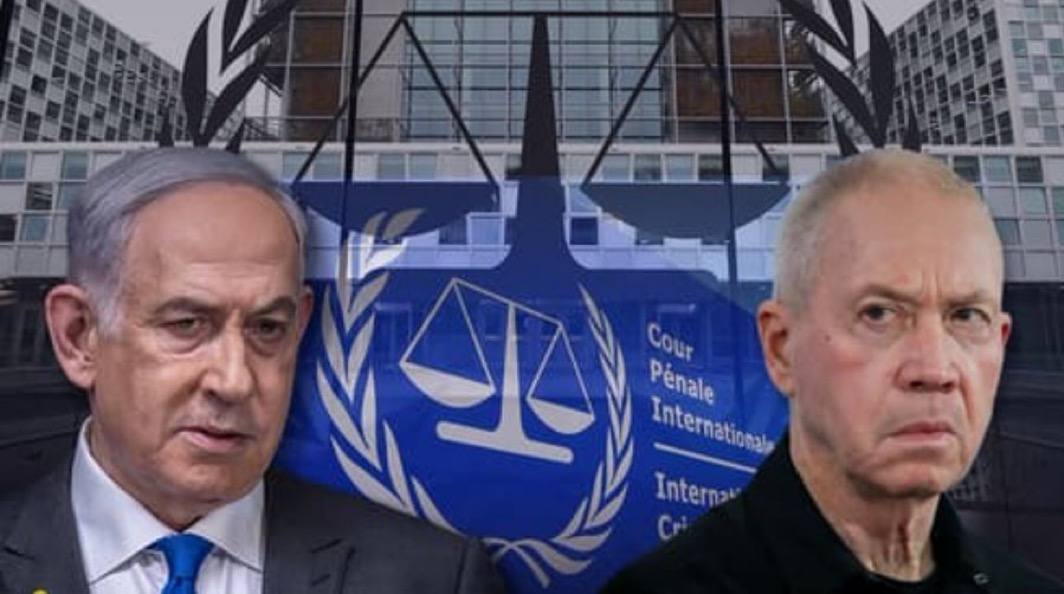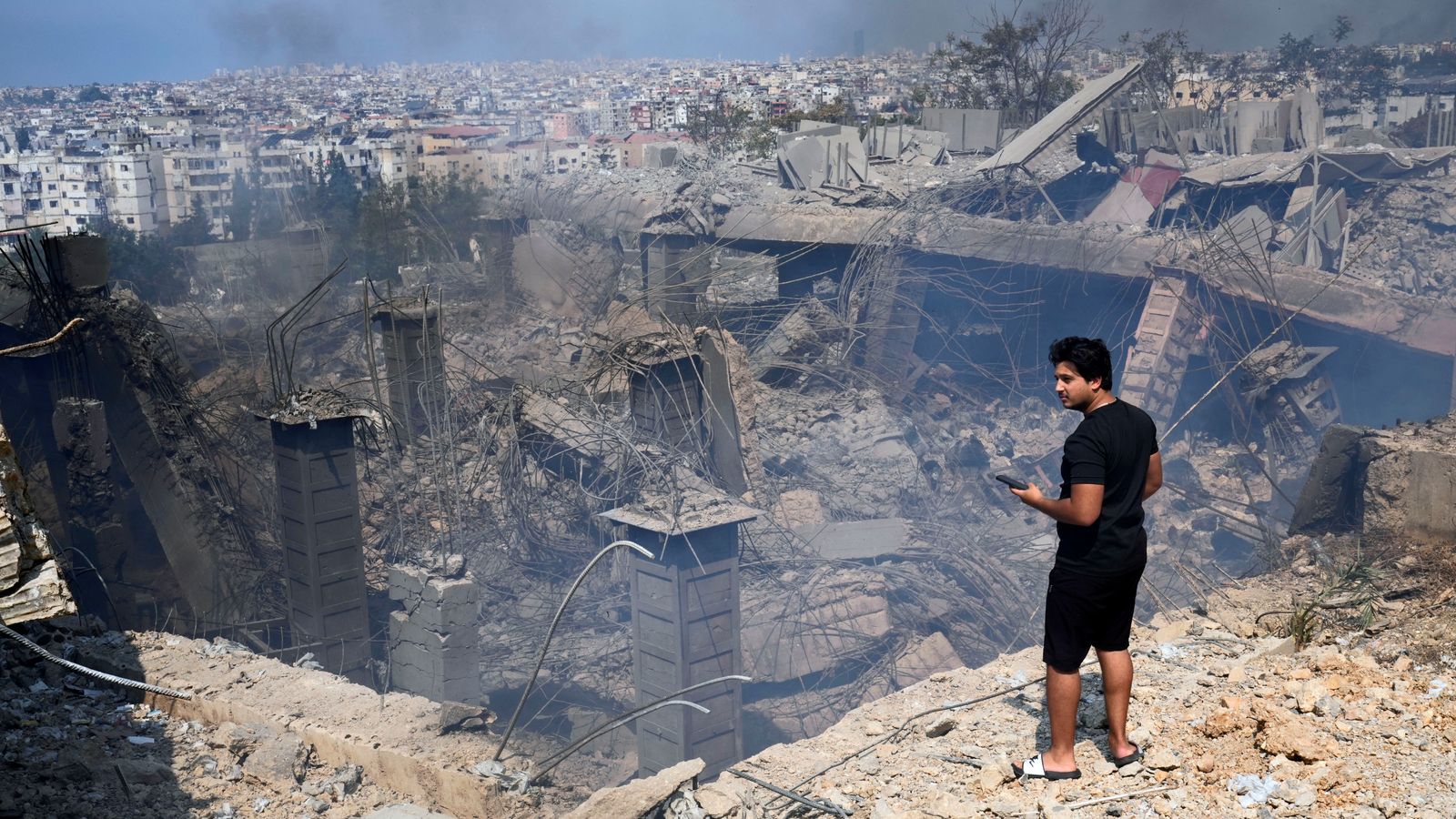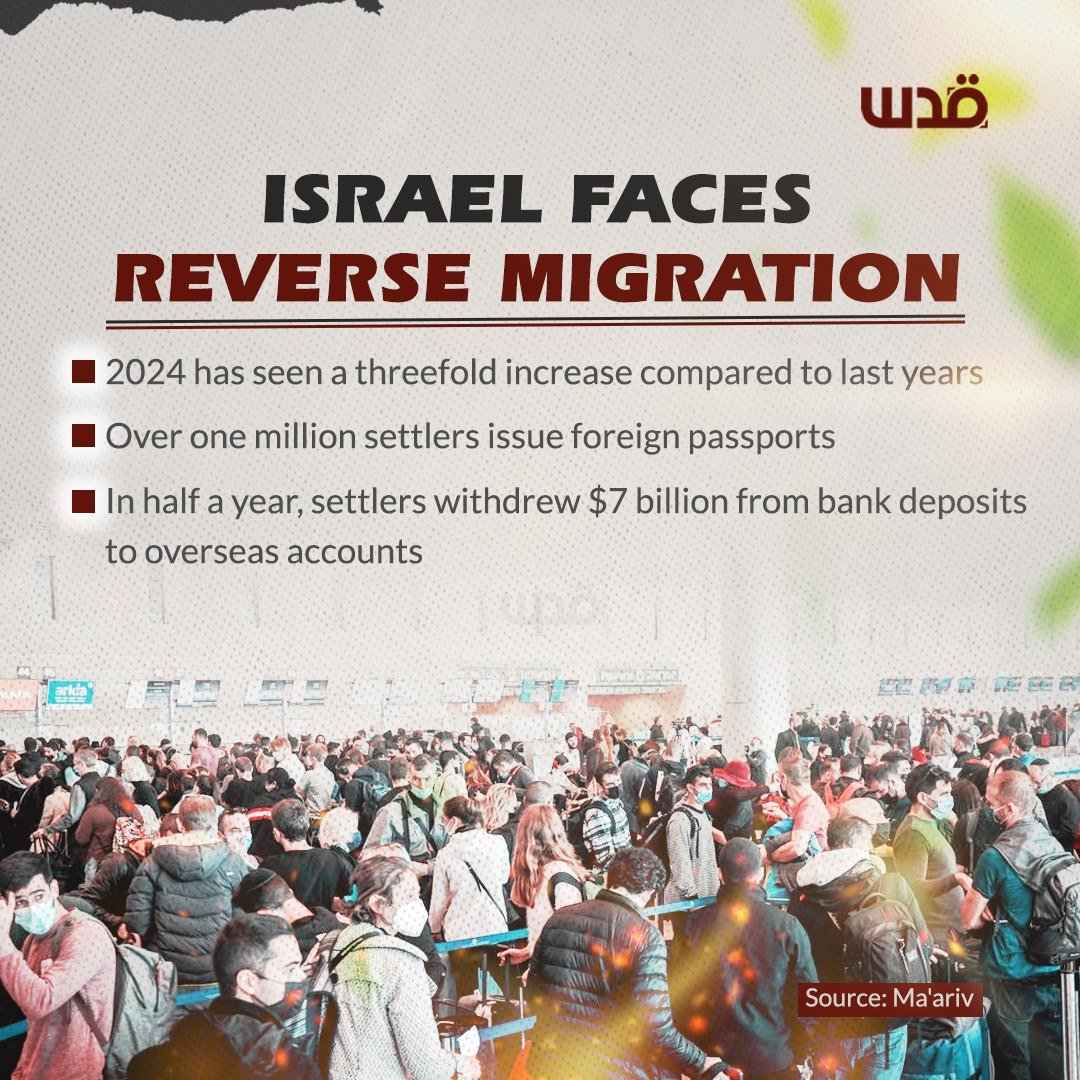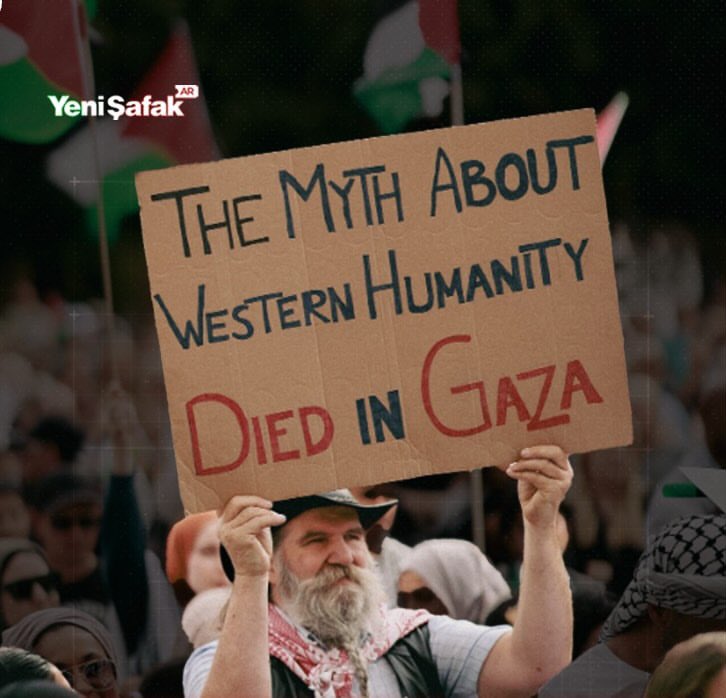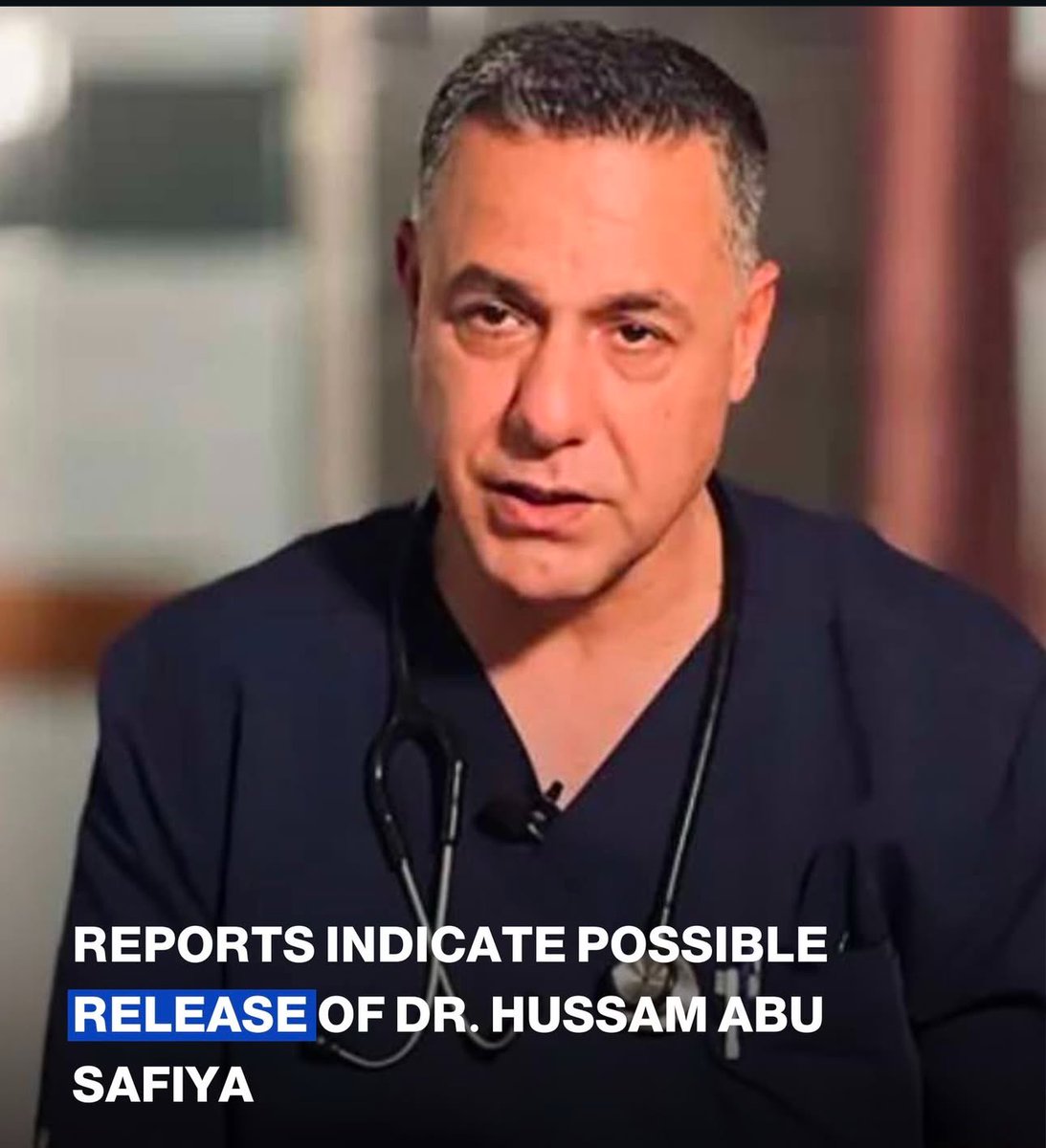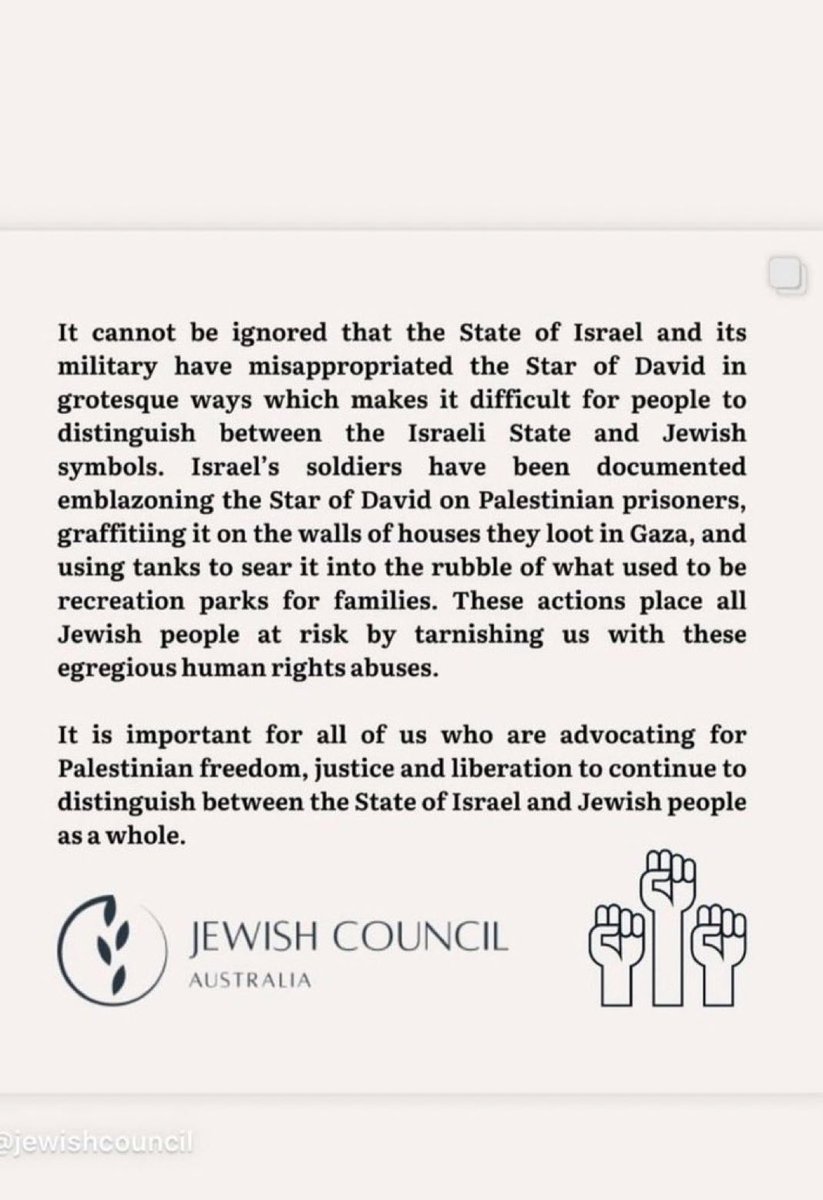Can Trump Get a Gaza Deal From Netanyahu?
The Israeli newspaper Maariv stated that the incoming US President Donald Trump is putting intense pressure on Israeli Prime Minister Benjamin Netanyahu to bring the exchange deal of prisoners closer.
It added that the talks are proceeding not only on one or two channels. But negotiations on Gaza are moving along three channels:
Exchange deal
A military channel aimed at ending the war, a political channel aimed at maturing into an exchange deal, and a humanitarian channel for talks related to restoring the Gaza Strip and returning life to normal.
It stressed that the three channels are complementary to each other and are in the hands of the Egyptians.
It stressed that the main points of the agreement stipulate that the Israeli army must stop the war in stages and gradually withdraw from the Gaza Strip. The Rafah crossing will be opened to allow hundreds of aid trucks to enter every day, and Israel will release hundreds of security prisoners and receive prisoners. The implementation of the interim agreement will be supervised by America and other countries, as in Lebanon.
What plan?
According to the newspaper, in recent weeks, the Egyptians have been working away from the spotlight to bring Hamas and the Palestinian Authority closer together develop a plan to establish a new government entity in the Gaza Strip once a ceasefire is declared.
The proposal talks about a body to manage the civilian affairs of the Gaza Strip and will be staffed by 10 to 15 professionals who are not affiliated with any movement, and with an already official name: “The Social Committee to Support the Residents of Gaza”.
Its no coincidence the Egyptians have given it this title, nor the “unity government”, although it will operate under the Palestinian Authority in Ramallah. The Egyptians chose this name to be accepted by the Israeli government.
The newspaper stressed the agreement document the Egyptians extracted from Hamas and the Palestinian Authority is an achievement in itself and the Israeli government will have to decide soon whether handing over the Gaza Strip to this committee is acceptable to it or not according to Al Rai Al Youm.


